Introduction
The AUDIT Diabetes-Dependent Quality of Life (ADDQoL) is a pivotal tool in endocrinology, designed to assess the impact of diabetes on health-related quality of life (HRQoL). Developed initially by Clare Bradley and colleagues in 1999, the ADDQoL has evolved into a robust instrument, with significant contributions from Wee Hwee Lin et al, who refined the 19-item version The AUDIT Diabetes-Dependent Quality of Life-19 (ADDQoL-19) in 2006. This version, cited over 100 times on Google Scholar, is widely recognized for its precision and patient-centered approach (Wee et al., 2006).As a specialized instrument, it captures the unique impact of diabetes on daily life, offering a tailored alternative to generic HRQoL tools.
This article provides researchers and clinicians with a comprehensive guide to the ADDQoL-19’s structure, applications, and clinical value, delivering actionable insights to enhance patient outcomes.
Key Features of the AUDIT Diabetes-Dependent Quality of Life-19 (ADDQoL-19)
Purpose and Use
The ADDQoL-19 is a self-administered questionnaire that measures the impact of diabetes on HRQoL. Specifically, it helps clinicians monitor disease progression and tailor interventions, while researchers utilize it in clinical trials and epidemiological studies. For instance, its individualized approach makes it ideal for longitudinal studies, minimizing patient burden while maximizing insight into diabetes-specific challenges.
Target Population
The ADDQoL-19 is designed for adults aged 18 and older with diabetes, including:
- Type 1 diabetes patients
- Type 2 diabetes patients
- Young adults (18–24 years)
- Middle-aged adults (25–44 years)
- Older adults (45–64 years)
- Seniors (65+ years)
It is suitable for endocrinology clinics and research settings but lacks validation for pediatric populations.
Structure
The ADDQoL-19 comprises 21 items, each item asks respondents to rate the impact of diabetes and the importance of that domain, using a weighted scoring system to reflect personal priorities, these items include:
- 19 Domain-Specific Items:
- Leisure activities
- Working life
- Journeys
- Holidays
- Physical capabilities
- Family life
- Friendships/social life
- Closest personal relationship
- Sex life
- Physical appearance
- Self-confidence
- Motivation
- People’s reactions
- Feelings about the future
- Financial situation
- Living conditions
- Dependence on others
- Freedom to eat
- Freedom to drink
- Overview/General Items: Assess overall HRQoL and diabetes impact.
Scoring Method
The ADDQoL-19 employs a weighted scoring system:
- Two Overview Items: Scored individually to assess general HRQoL.
- 19 Domain-Specific Items:
- Impact Rating: Scored from -3 (maximum negative impact) to +1 (positive impact). Domains with no diabetes impact score 0, regardless of importance.
- Importance Rating: Scored from 0 (unimportant) to 3 (very important), notably, “unimportant” domains score 0, regardless of impact.
- Weighted Impact Score: Calculated as impact rating × importance rating, ranging from -9 (maximum negative impact) to +3 (maximum positive impact).
- Average Weighted Impact Score: Sum of weighted ratings of applicable domains ÷ number of applicable domains, ranging from -9 to +3. Lower scores indicate greater diabetes-related impact, guiding clinicians in treatment adjustments and researchers in data analysis.
Administration Format
The ADDQoL-19 typically takes 10 to 15 minutes to complete, ideal for clinical and research settings. It is available in all formats including:
- Paper-based forms
- Digital platforms (online or mobile apps)
- In-person interviews
- Phone or video calls
Applications of AUDIT Diabetes-Dependent Quality of Life-19 (ADDQoL-19)
The ADDQoL-19 offers versatile applications in clinical and research settings:
- Monitoring: Tracks HRQoL changes over time, especially during treatment trials.
- Treatment Planning: Guides clinicians in prioritizing interventions based on patient-specific impacts.
- Research: Supports clinical trials and epidemiological studies to evaluate diabetes interventions.
For example, a high negative score in the dietary freedom domain might lead clinicians to collaborate with dietitians, while researchers could use ADDQoL-19 data to study the impact of new therapies.
Language and availability
To support global use, the ADDQoL-19 is available in over 20 languages, including:
- English
- Spanish
- French
- German
- Chinese
- Arabic
This multilingual accessibility supports global research and clinical applications.
Access requires permission from Health Psychology Research, with potential licensing fees for commercial use. To access a copy of the questionnaire, users need to purchase a license from Health Psychology Research.
Reliability and Validity
The ADDQoL-19 exhibits high reliability, with a Cronbach’s alpha of 0.85.
Validation studies, such as Wee et al. (2006), confirm its sensitivity to diabetes severity and treatment outcomes. Its individualized approach ensures robust psychometric properties, making it a trusted tool for both clinical and research applications.
Limitations and Considerations
Despite its strengths, the ADDQoL-19 has limitations:
Scoring Complexity: Weighted scoring requires careful calculation, which may challenge some users.
Social Desirability Bias: Respondents may provide socially acceptable answers, skewing results.
Self-Report: Personal interpretations may affect response accuracy.
Other Versions And Related Questionnaires
The ADDQoL-19 is part of a suite of diabetes-specific HRQoL tools such as:
- ADDQoL-13, ADDQoL-14, ADDQoL-18: Shorter or adapted versions.
- ADDQoL-Teen: For adolescents with diabetes.
- ADDQoL-Senior: For older adults in care homes.
Related Questionnaires:
- DQOL (Diabetes Quality of Life)
- DHP-18 (Diabetes Health Profile-18)
- DSQL (Diabetes-Specific Quality of Life Scale)
- QOLID (Quality of Life Instrument for Indian Diabetes Patients)
Additional Resources
For more information on the ADDQoL-19, visit the following resources:
- Original Validation Study: Study Link
- Access Questionnaire : you can request a sample here
- Further validation study:
- Chinese version study link
- Indian version study link
- A validation study in a multi-ethnic Asian country study link
- Evaluation of the psychometric properties of the ADDQoL-Teen study link
- Validation of the ADDQoL Senior study link
- A 2018 cross-sectional study study link
- For additional ADDQoL-19 resources, contact Health Psychology Research
Frequently Asked Questions (FAQ)
Who can use the ADDQoL-19?
Clinicians, researchers, and healthcare providers use it for adults aged 18 and older with diabetes.How long does it take to complete the ADDQoL-19?
It takes 10–15 minutes, suitable for clinical and research settings.How is the ADDQoL-19 administered?
It can be administered via paper, digital platforms, mobile apps, or interviews.Is there any cost to using the ADDQoL-19?
Free for non-commercial use; commercial or funded academic projects may require permission from the publisher.
A word from ResRef about AUDIT Diabetes-Dependent Quality of Life-19 (ADDQoL-19)
The ADDQoL-19 offers a reliable, validated, and comprehensive tool for assessing quality of life in patients with diabetes. Whether you are a researcher evaluating disease impact or a clinician improving patient care, the ADDQoL-19 reveals critical areas that need attention. Though scoring requires attention, its flexibility (digital/paper/interview formats) and global use make it a key tool in diabetes management. Consequently, it leads to better outcomes and informed treatment decisions.
References
- Bradley, C., Todd, C., Gorton, T., Symonds, E., Martin, A., & Plowright, R. (1999). The development of an individualized questionnaire measure of perceived impact of diabetes on quality of life: The ADDQoL. Quality of Life Research, 8(1), 79–91.link
- Fung, C.S.C., Wan, E.Y.F., Yu, C.L.Y. et al. Validity and reliability of the 19-item Audit of Diabetes-Dependent Quality of Life (ADDQoL-19) questionnaire in Chinese patients with type 2 diabetes mellitus in primary care. Qual Life Res 25, 2373–2378 (2016). link
- Zaki, S., Alam, M.F. & Sharma, S. Evaluating the internal reliability and convergent validity of the 19-item Audit of Diabetes-Dependent Quality of Life (ADDQoL-19) questionnaire in Indian patients with type 2 diabetes. Int J Diabetes Dev Ctries (2025).link
- Wee HL, Tan CE, Goh SY, Li SC. Usefulness of the Audit of Diabetes-Dependent Quality-of-Life (ADDQoL) questionnaire in patients with diabetes in a multi-ethnic Asian country. Pharmacoeconomics. 2006;24(7):673-82. doi: 10.2165/00019053-200624070-00006. PMID: 16802843. link
- McMillan, C.V., Honeyford, R.J., Datta, J. et al. The development of a new measure of quality of life for young people with diabetes mellitus: the ADDQoL-Teen. Health Qual Life Outcomes 2, 61 (2004). link
- Speight .Assessing the impact of diabetes on the quality of life of older adults living in a care home: validation of the ADDQoL Senior link
- Levterova, B. A., Orbetzova, M., Levterov, G., Dimitrova, D., & Todorov, P. (2018). Assessment of the impact of type 2 diabetes on the quality of life by Audit of Diabetes-Dependent Quality-of-Life (ADDQoL-19). Biotechnology & Biotechnological Equipment, 32(6), 1627–1634. link



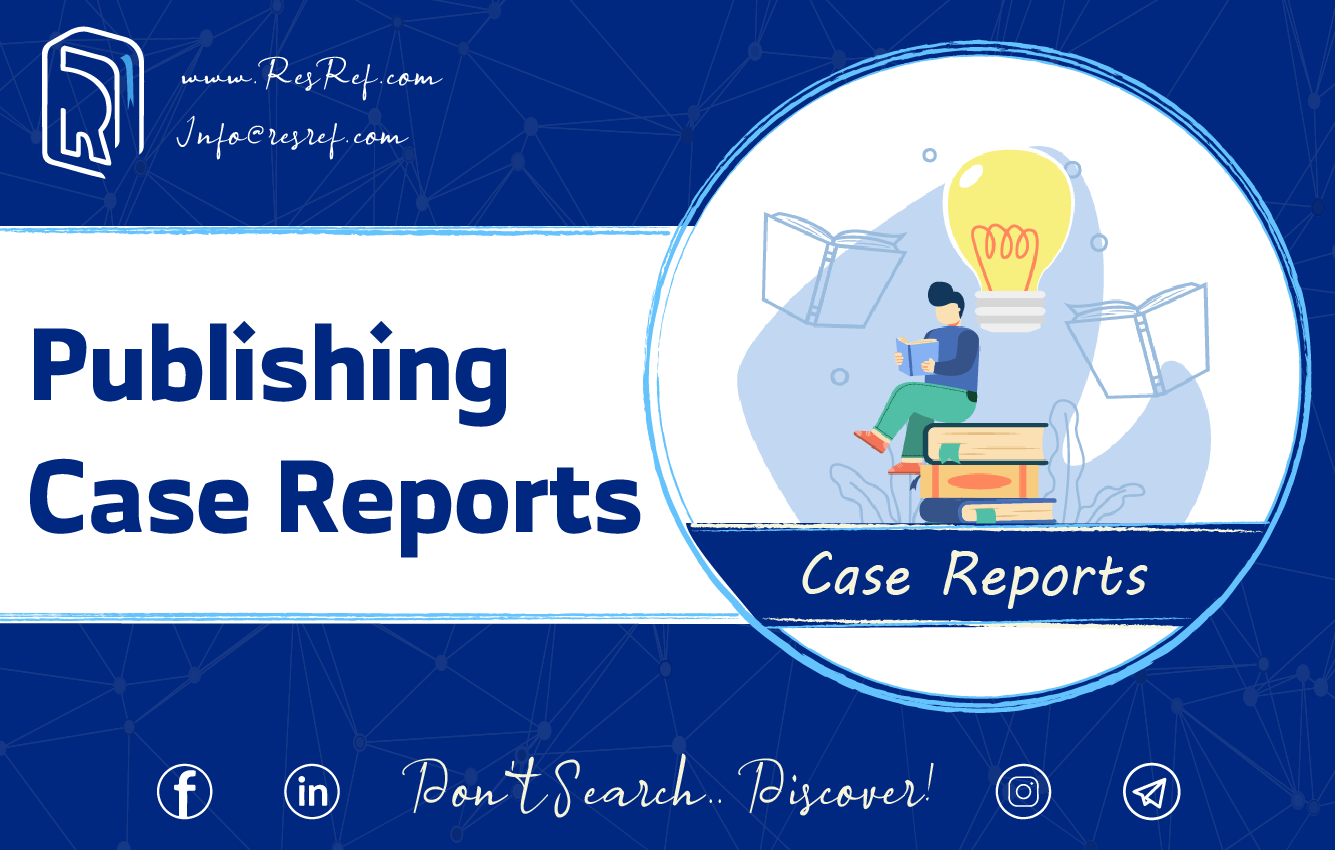
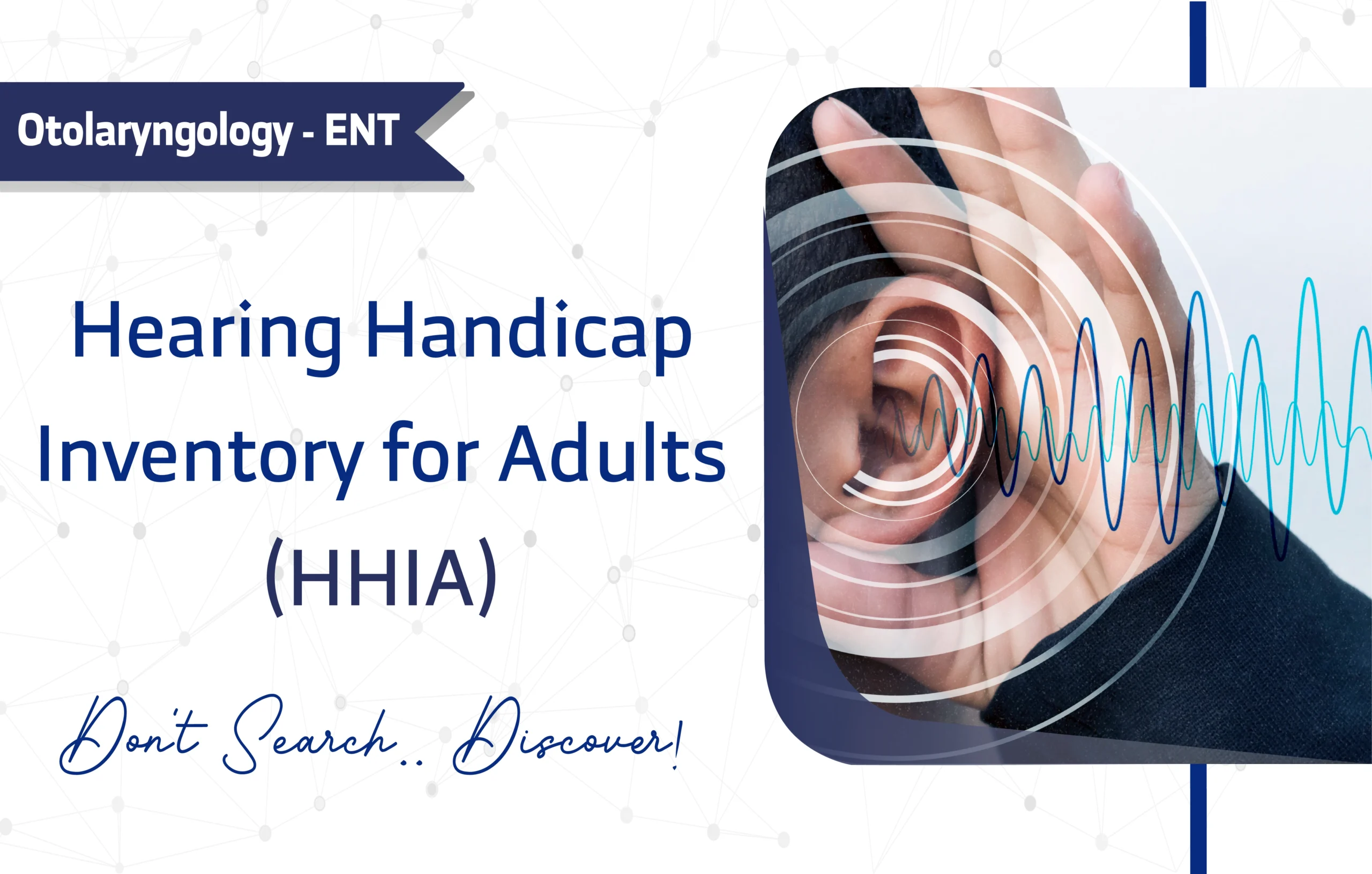
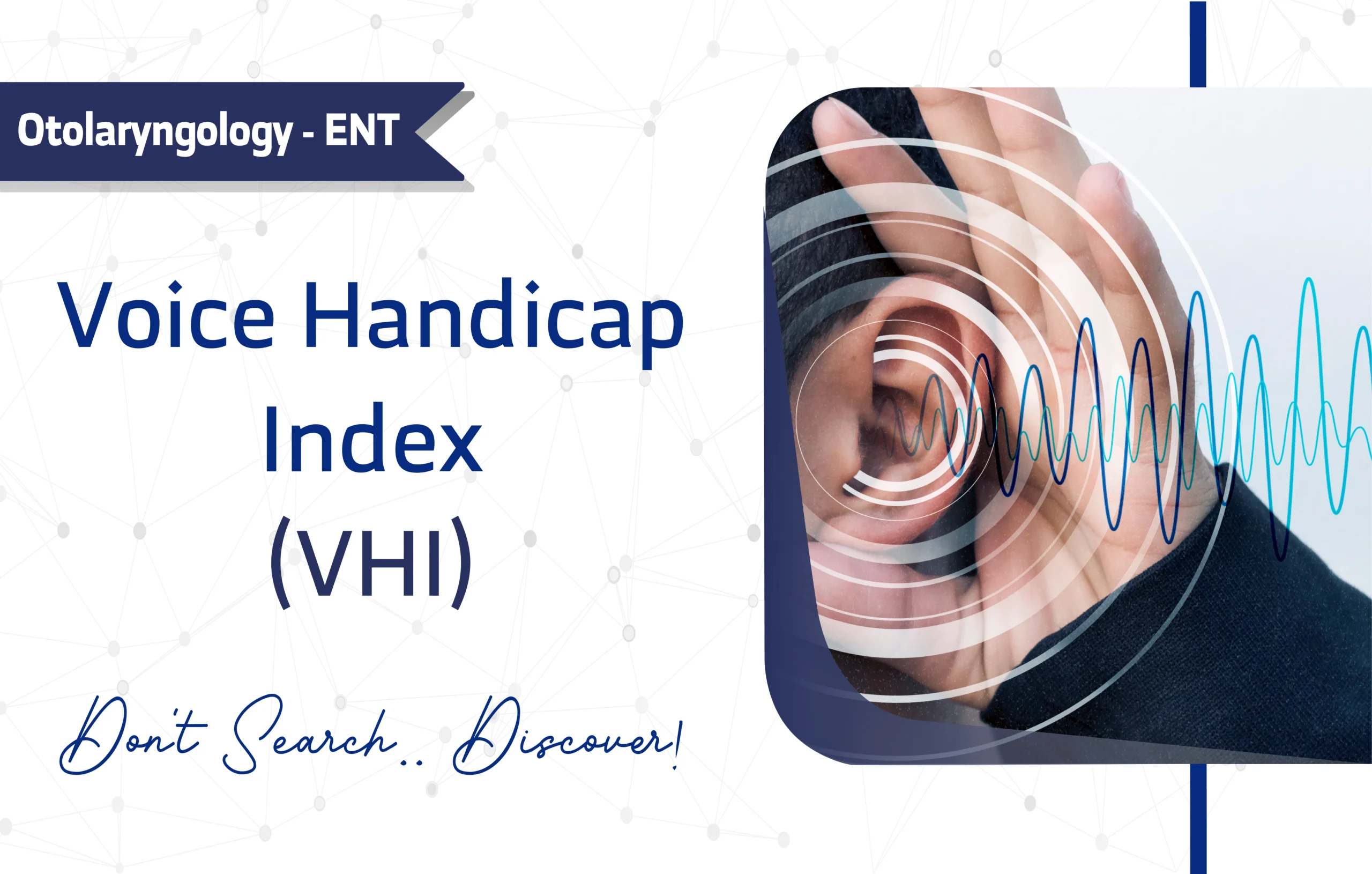
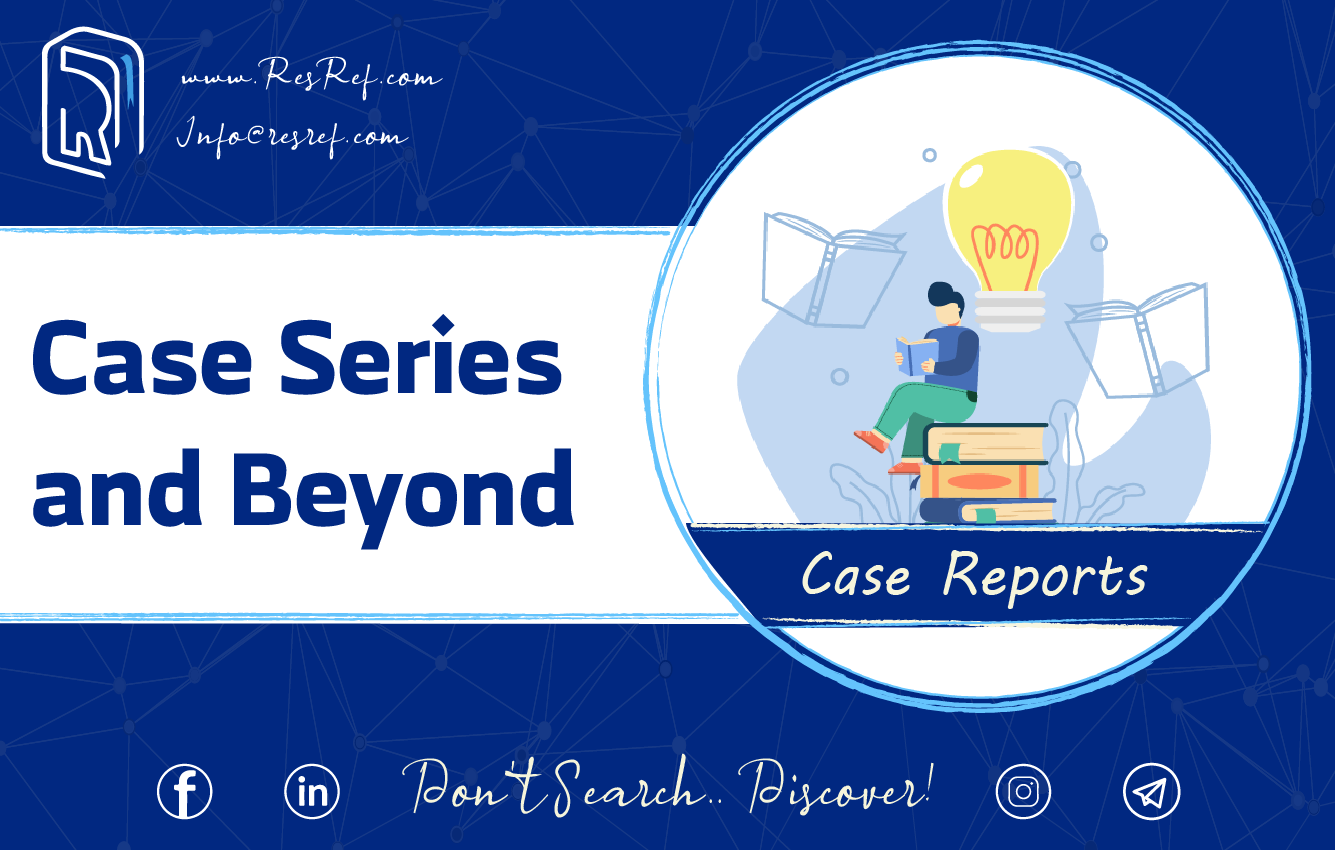
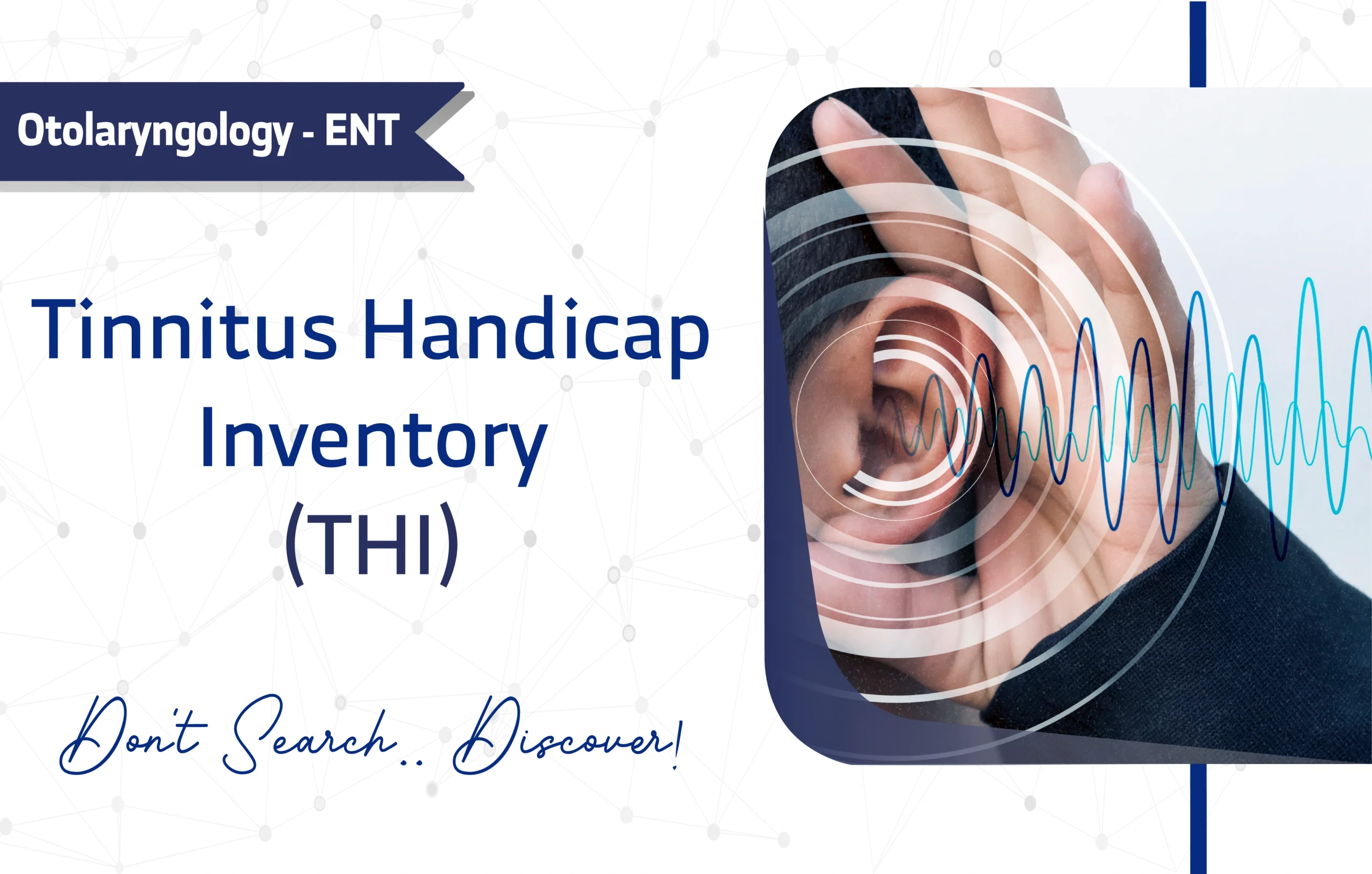
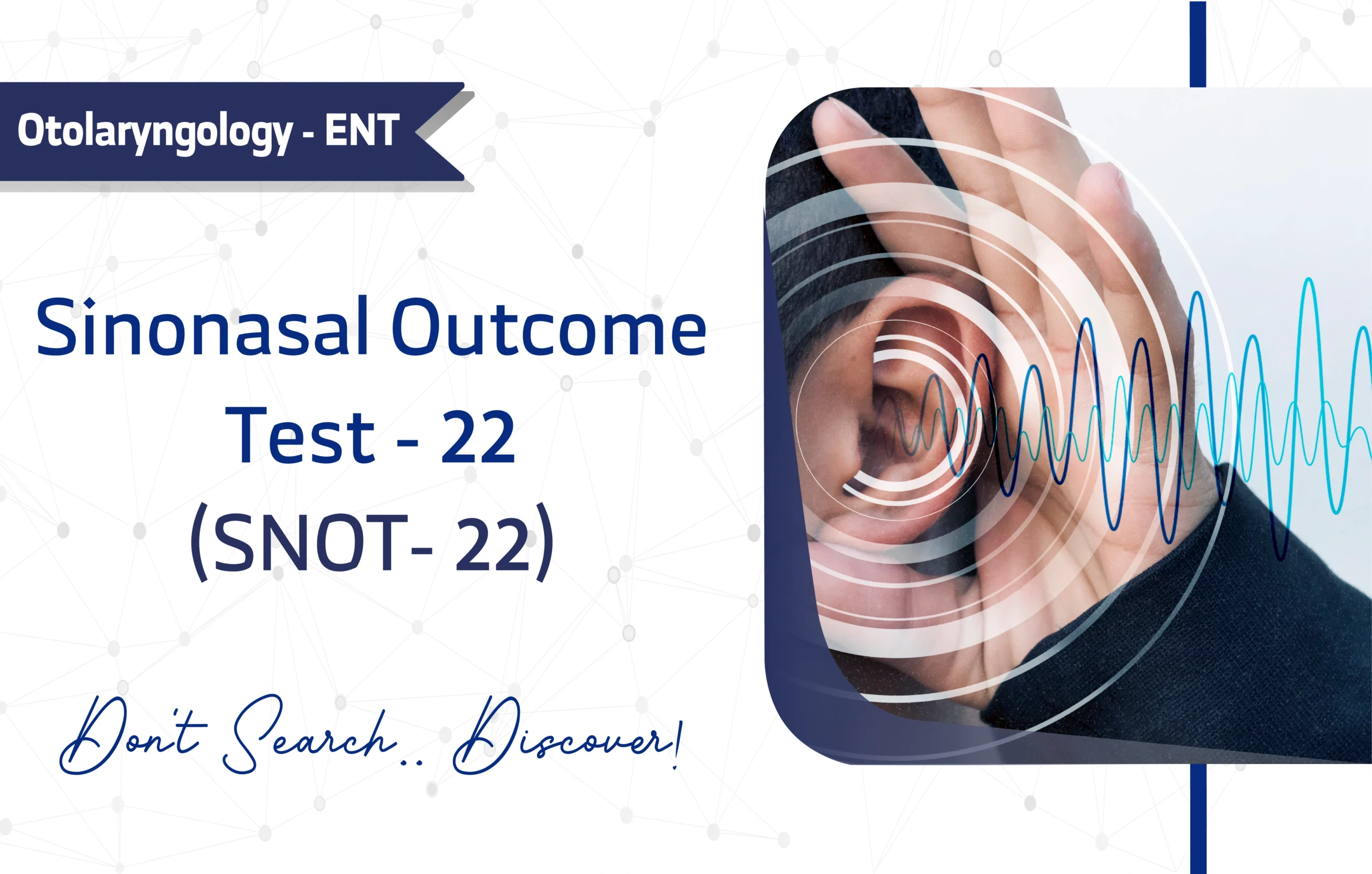
2 thoughts on “AUDIT Diabetes-Dependent Quality of Life-19 (ADDQoL-19): A Full Guide for Researchers and Clinicians.”
Thank you for sharing this helpful information! I really learned something new and will definitely visit the site again.
This comprehensive guide effectively highlights the patient-centered approach of the ADDQoL-19 by incorporating an individualized, weighted scoring system. This structure is a fundamental strength, as it accurately reflects how specific domains of life, such as “freedom to eat” or “sex life,” are prioritized differently by each person living with diabetes. The detailed exploration of its high reliability reassures both researchers and clinicians of its validity in measuring the true impact of the disease.